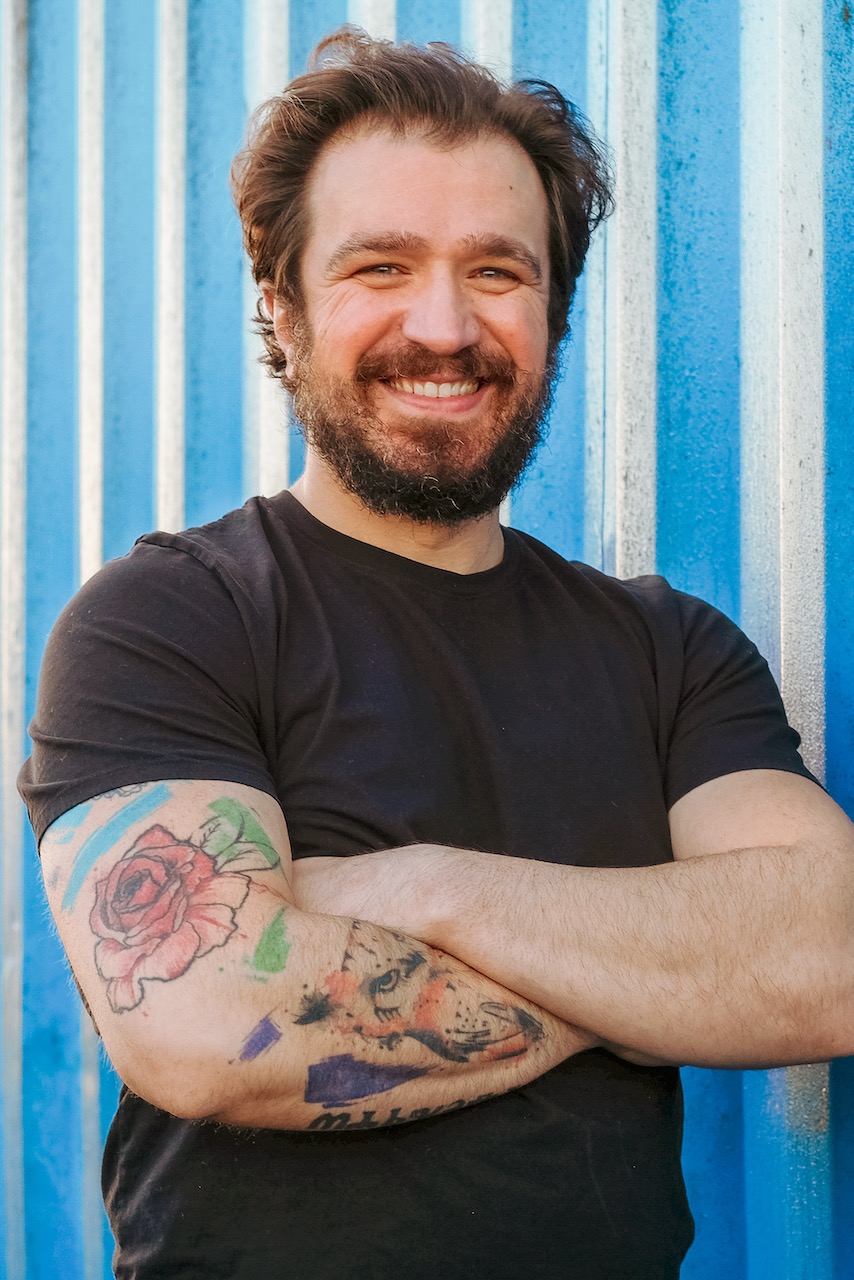
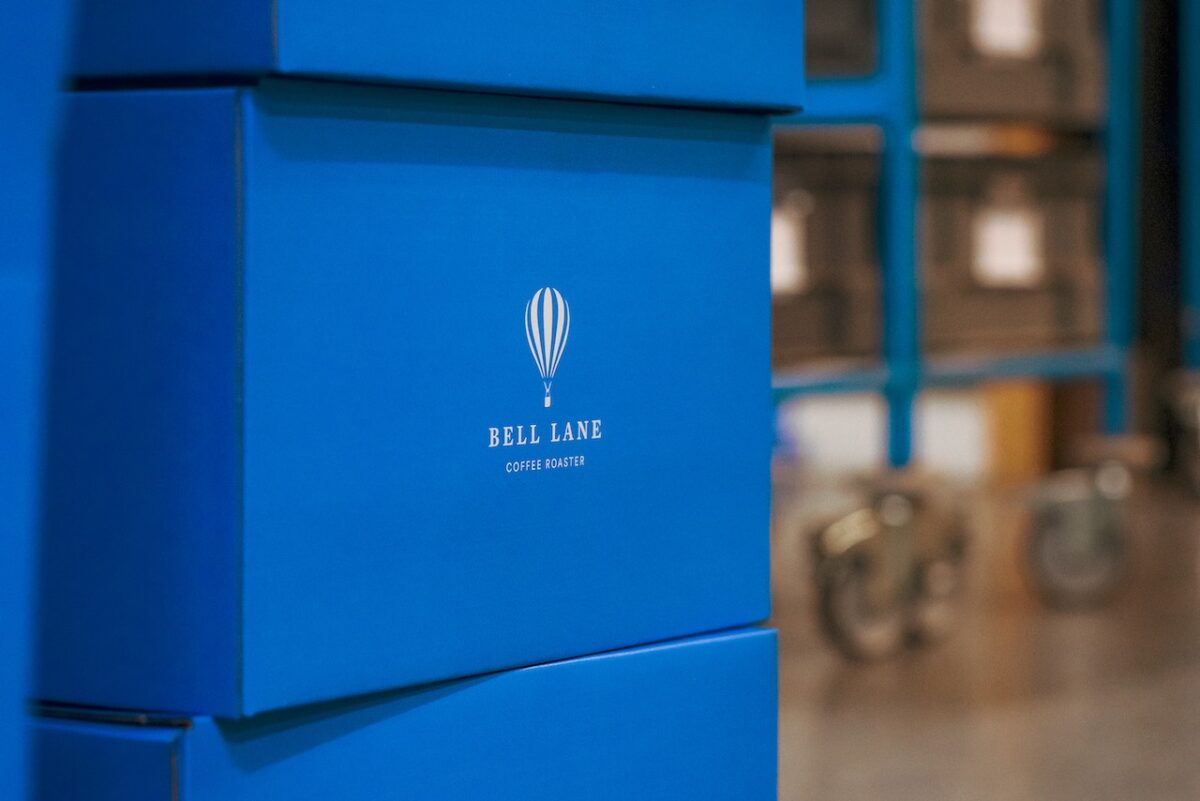
Bell Lane Coffee was founded in 2012 in Mullingar, eastern Ireland. Since joining Bell Lane Coffee in 2017, Niko Sunko, head roaster and green buyer, has injected a breath of fresh air into the company. Captivated by the world of coffee, and the connections it has brought him, Niko says he will probably never leave the industry. In our interview, Niko has shared what fuels his passion and where he hopes to take the coffee industry.
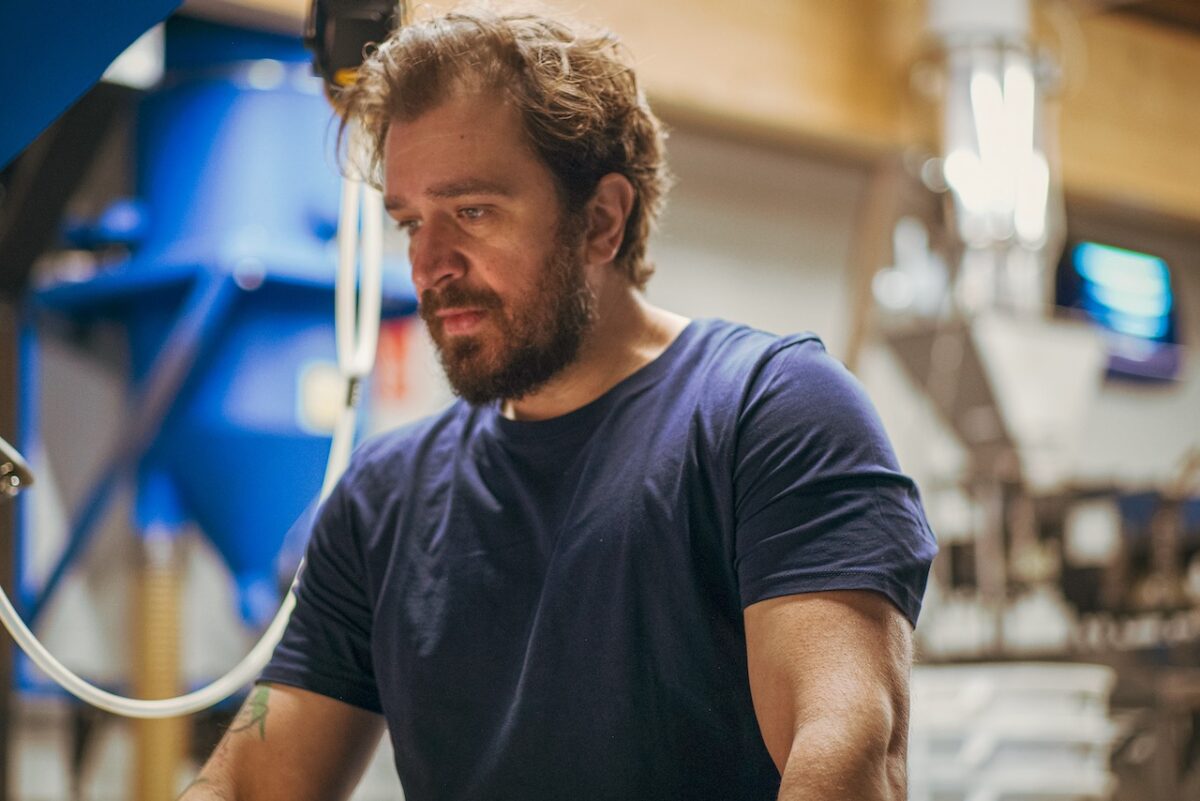
Direct trade isn’t purpose
People’s attitude towards words can offer a window into their personality and philosophy. When Niko said, “I try not to use the term ‘direct trade’ too much”, his words seemed to capture his sincere nature.
“The term ‘direct trade’ is commonly used in the coffee industry. But there is no fixed definition,” says Niko. “I’ve seen people in the industry interpret the term in different ways. Some say buying directly from farmers is the only form of direct trade while for others, direct trade can involve third parties.
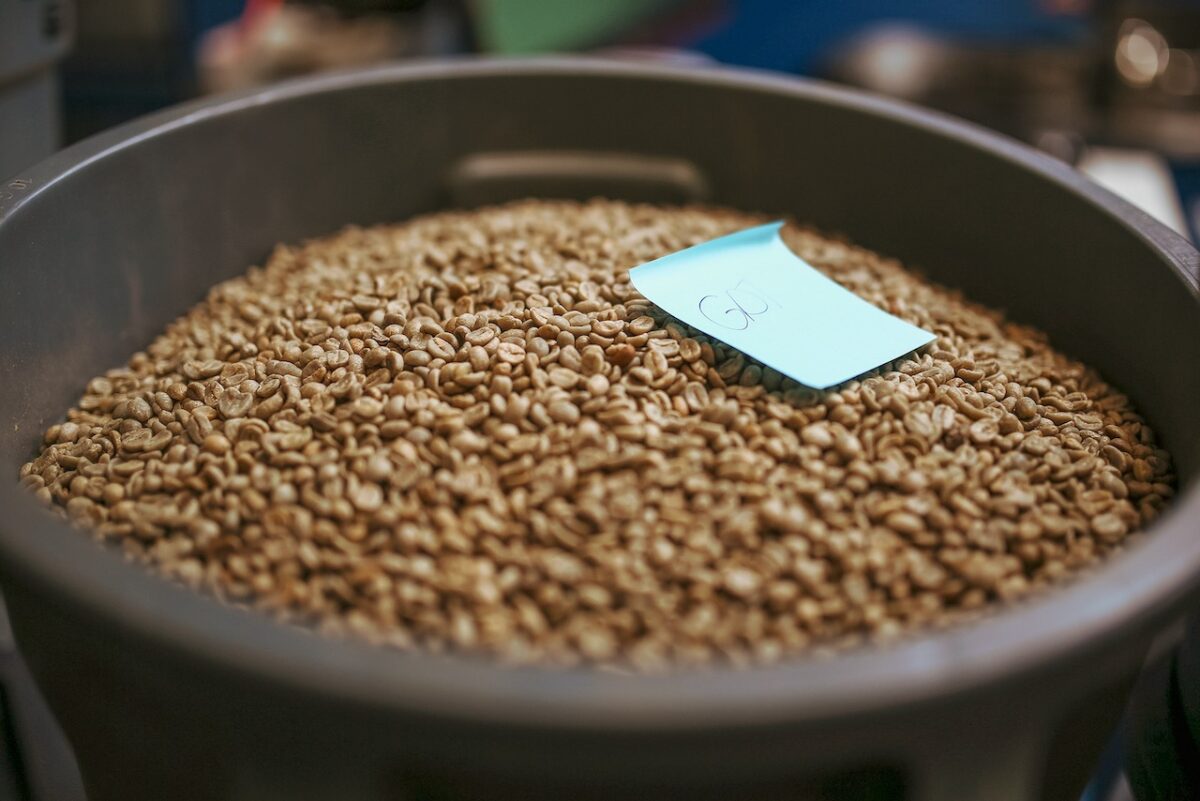
What I’ve noticed is that the term has been overused lately as a marketing copy. For a small company like ours, it doesn’t really matter whether we buy green coffee directly from producers. That’s because it’s easier to create a sustainable supply chain and an environment where everyone can grow together if third parties are involved.
We focus not just on building long-lasting, transparent relationships with producers, but also on nurturing ties with other people who help us build those relationships.”

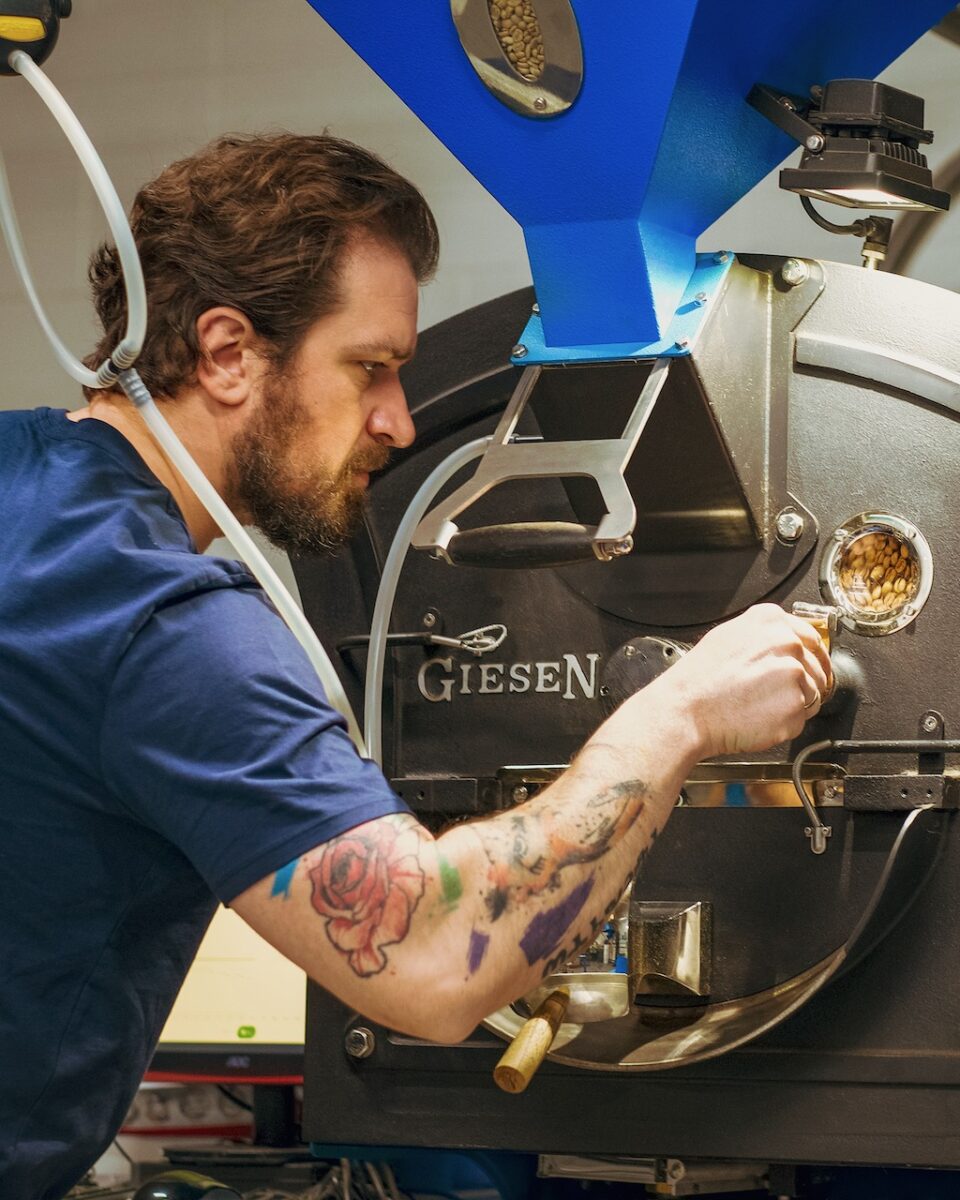
Trust improves quality
“From my experience, the key to building long-lasting relationships with producers is to talk about pricing straight away. We then talk about logistics, quality and our expectations. It’s really important to discuss our expectations for producers because unrealistic expectations can put producers in a difficult position. I like to make a plan over five years or so to develop relationships slowly.
Of course, coffee needs a certain degree of quality. But as long as we have a good and clean cup, we can use roasting skills to make it suit its purposes. Relationships with producers start by recognizing it as the starting point and putting faith in them that quality will improve over time.
Roasters hold the key for producers to put their name on the map. This is especially true when producers are new to growing specialty coffee. That’s why it’s crucial for us to be brave in embracing a coffee with a score of 82, for instance.
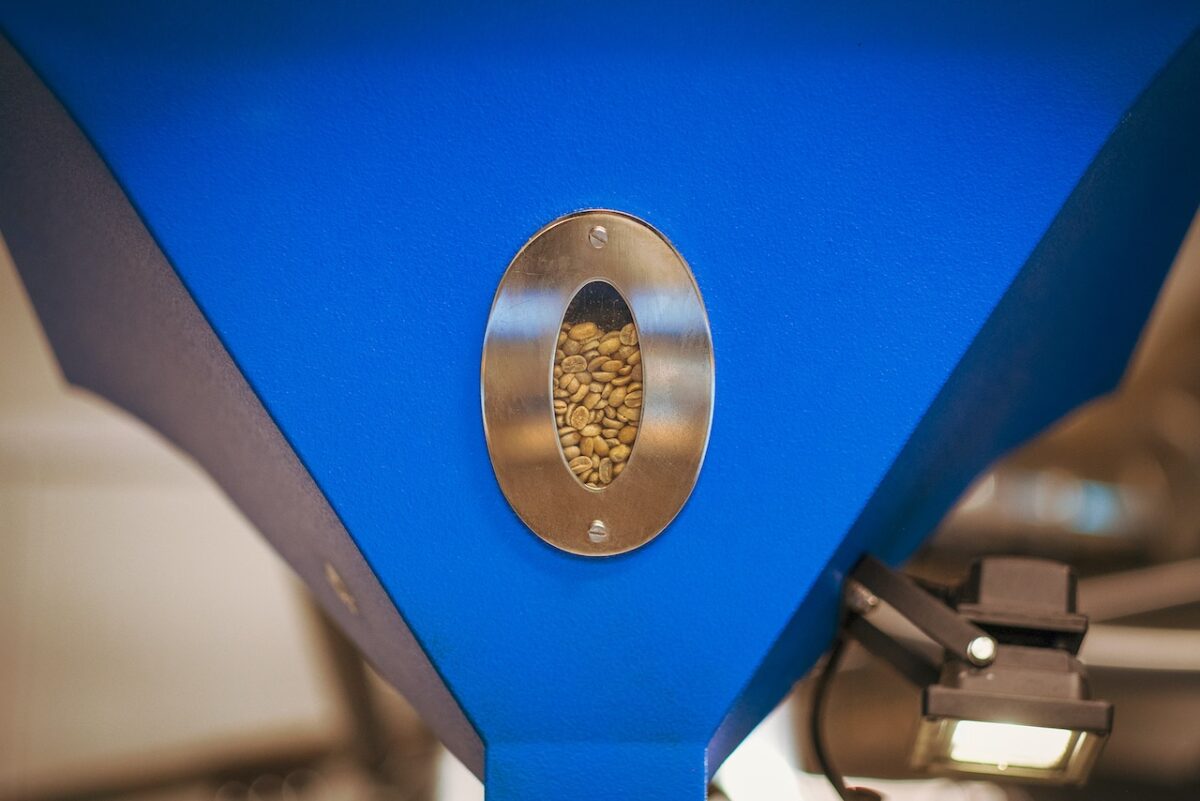
That doesn’t necessarily mean we are reckless. There isn’t much risk with trusting producers when you think about what that trust will bring you. I can say from my experience that quality will improve when you have long-lasting relationships with producers and gain their trust.
It’s easy to work with producers who are already at the top of the market. But I think it is necessary to raise the industry as a whole to a higher level for the coffee world to develop. That’s part of our challenge.”
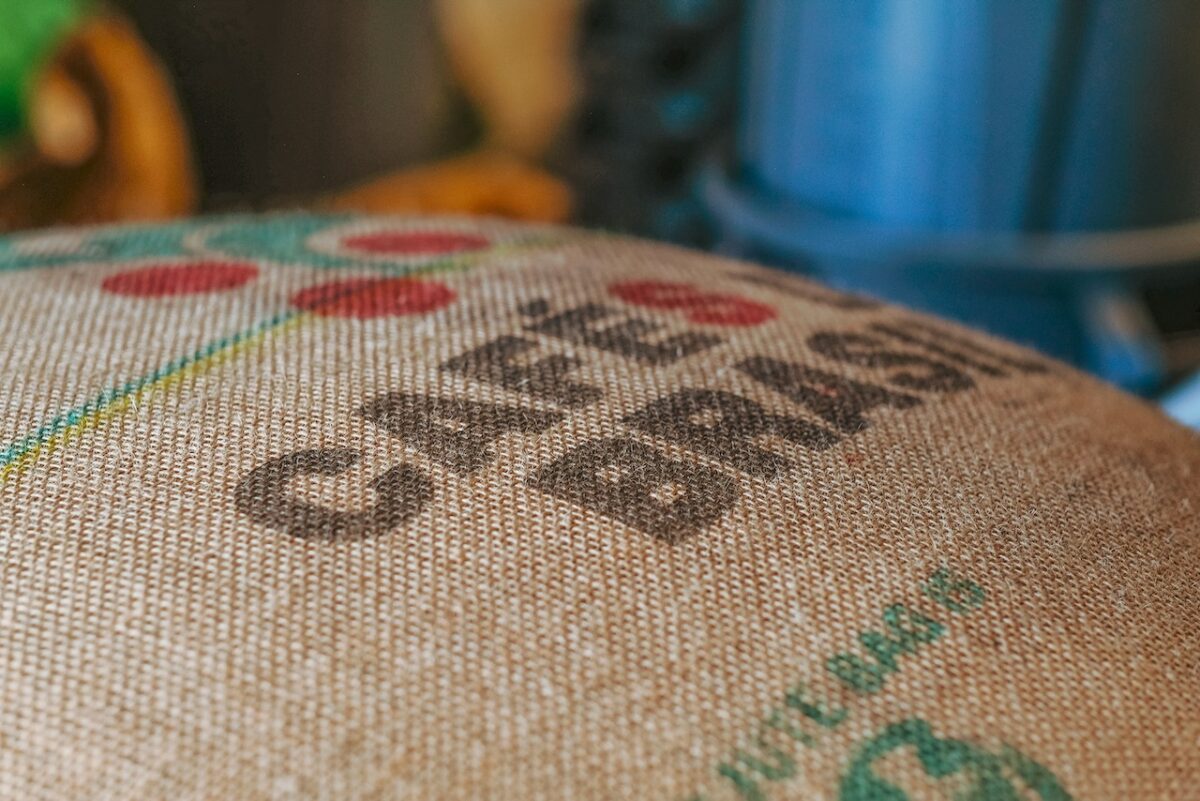
It was during that challenge that Niko met Heron, a Brazilian producer from whom Niko bought coffee in 2020 for the first time.
“Heron had never sold his coffee outside Brazil when I tried his coffee for the first time. His coffee didn’t taste like the typical Brazilian coffee. And I realized Heron knew how to experiment with fermentation. I started working with him not solely because I saw a big potential in him but because he understood where the industry should be going and has the same values that I have. He will probably be famous soon.”
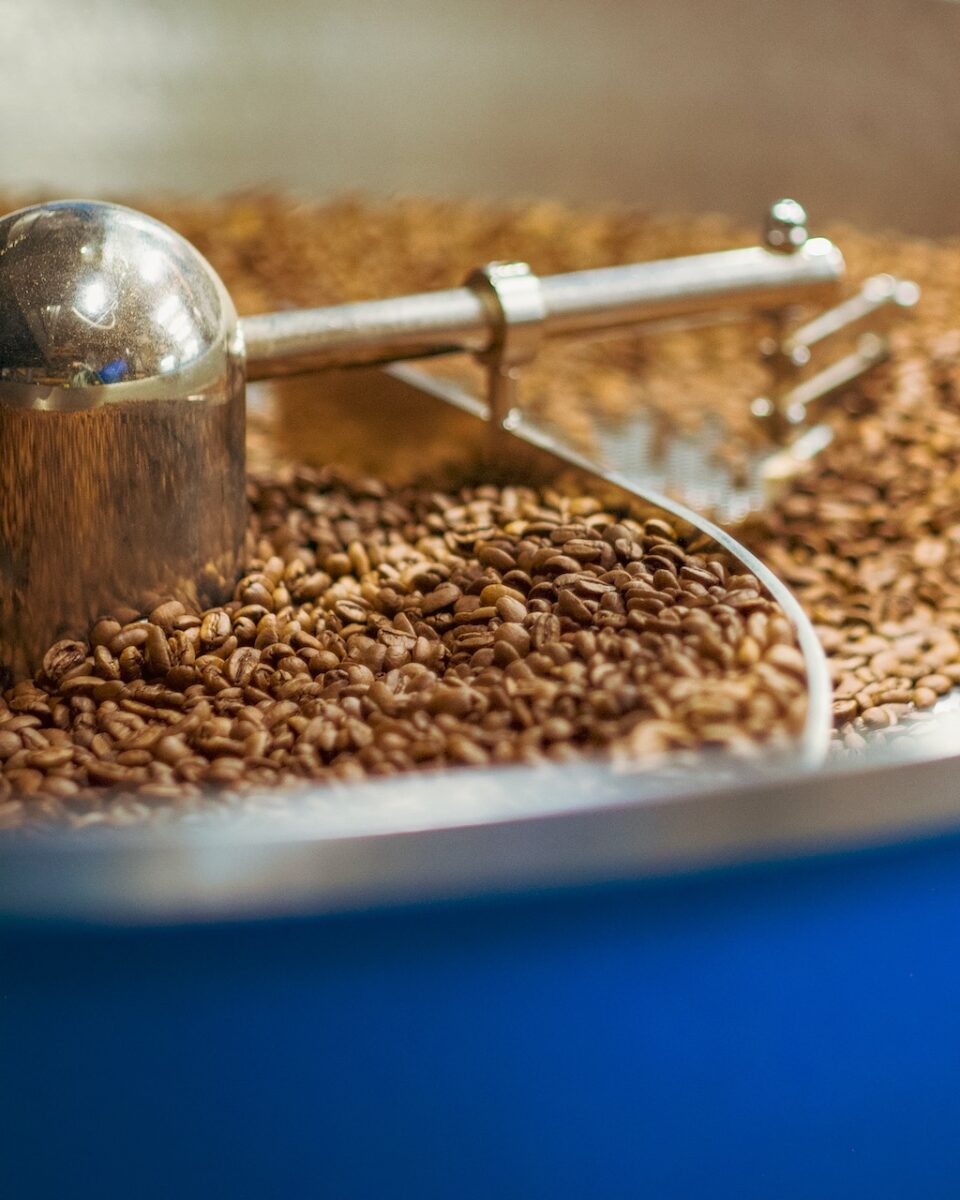
Brazil’s coffee producers took a devastating hit in July, 2021, after a cold snap and frost struck the country. Heron was no exception. But thanks to Bell Lane Coffee, he was able to weather the crisis. Back then, Heron, overcome with emotion, told Niko, “Your purchases saved my business for this year.”
“That was an emotional moment for us, too, a moment when we felt proud of what we do at Bell Lane Coffee,” Niko recalls. “Actually, Heron’s father used to run the farm. But after he died, Heron’s siblings thought about selling the farm because it was small. Heron objected and quit his job as a PE teacher to take over the farm and do his best to make it work. That’s how he started producing coffee.”
“As Heron started to work in the fields, he realized that it could be a success if he focused on quality,” Niko continues. “By the way, all his siblings are back now to help with the farm. Heron comes across as a man who is not so much interested in money, but cares more about people recognizing his hard work. I think our purchases touched his heart so much because he knew he had worked hard. He was very emotional because of a combination of all these circumstances.”

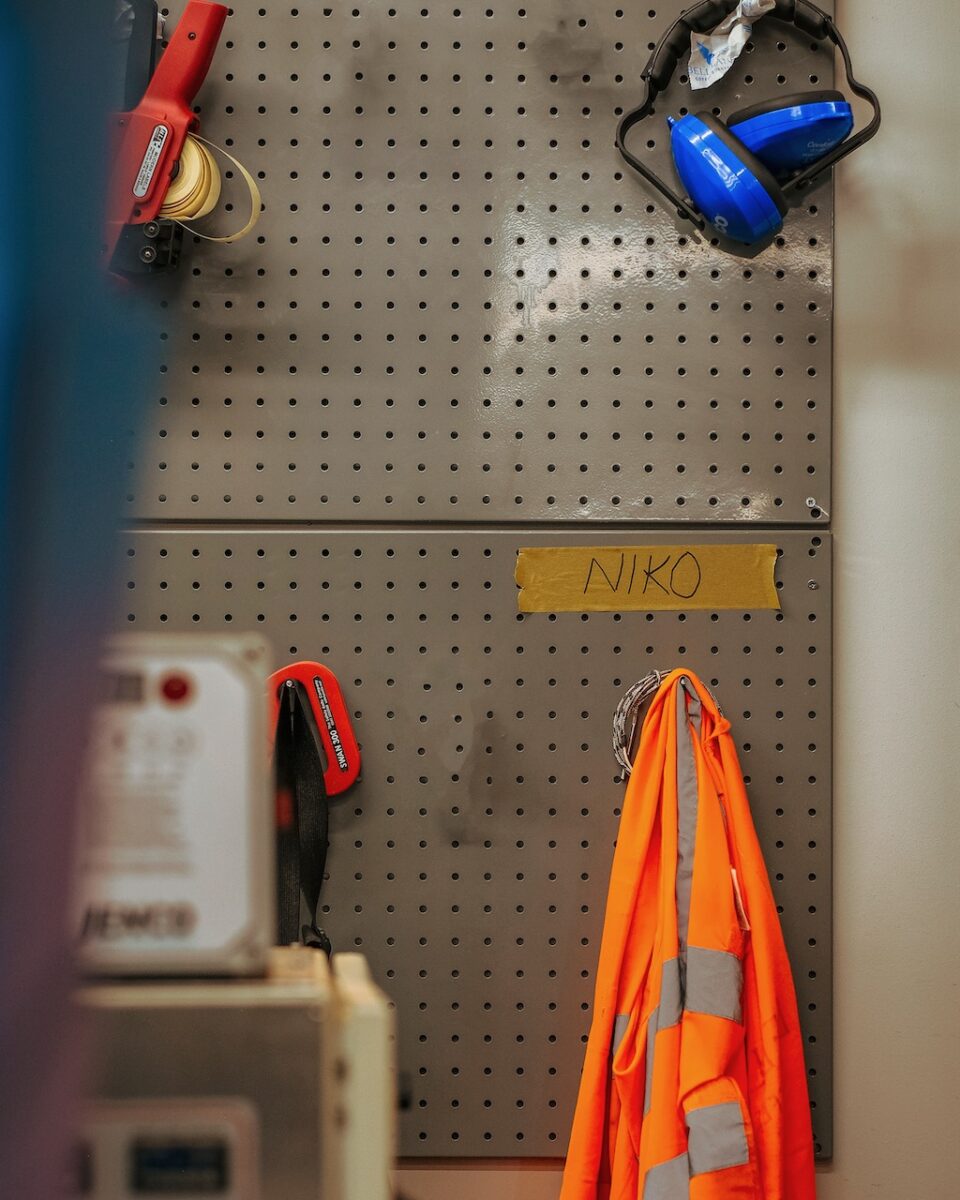
Industry grows through sharing
Niko was a civil engineer before joining Bell Lane Coffee. He had worked in the construction sector for a couple of years after graduating from university. But the sector shrank dramatically because of a recession. In search of a job, Niko returned to the coffee world, where he had worked as a student to pay for his studies.
Niko went on to work at several coffee companies, including a traditional, established firm in Ireland, while accumulating experience in roasting. Niko became a member of Bell Lane Coffee in 2017 at the invitation of founder Steven.
“I thought I would never leave the coffee world on my third day at Bell Lane. That day, I visited the London Coffee Festival and met a lot of people who had the same passion,” Niko says. “I was truly excited to be there, to see so many people and build connections with them. I remember thinking to myself, ‘There was something more than just coffee here.’ And I fell in love with this world and decided this is what I wanted to do for the rest of my life.”
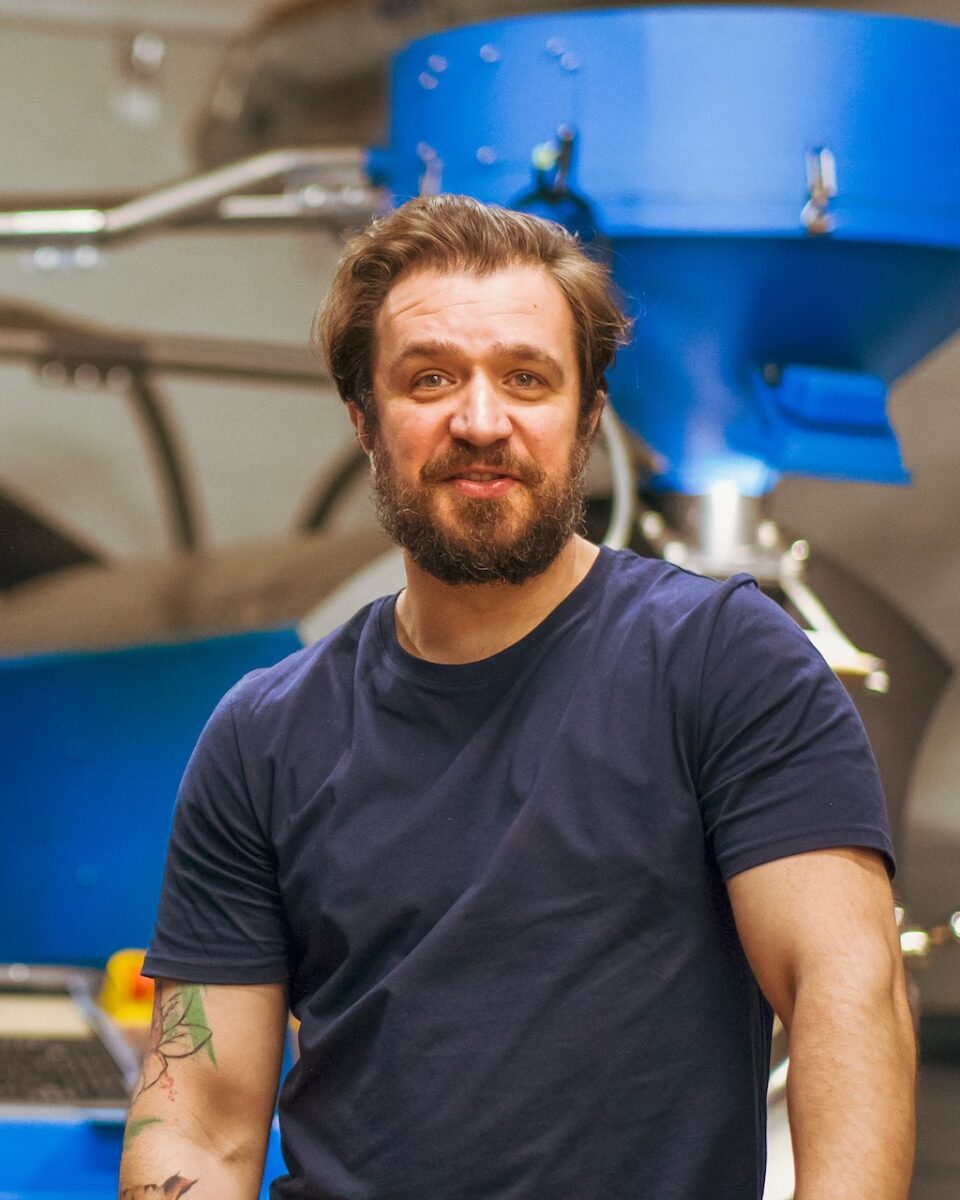
On the other hand, he didn’t necessarily embrace everything about the coffee industry.
“I wouldn’t call it ego, but people seemed to care deeply about prestige. Everyone was fixated on who the best roaster was, or which roasters were better. When I started roasting, people would come to me and say ‘We do things better than you.’
But that’s such a waste of energy. When it came to roasting, people didn’t welcome sharing knowledge. Everything was shrouded in a veil of mystery. So I decided to become a person who shares knowledge and information with others, whether they are my competitors or not.
I believe that doing so is for the benefit of producers, roasters and the industry as a whole. When we have conversations and share information, that can open new doors. I want to share goodness and create a large community of positive vibes. That’s what we should be ‘wasting’ our energy on.”
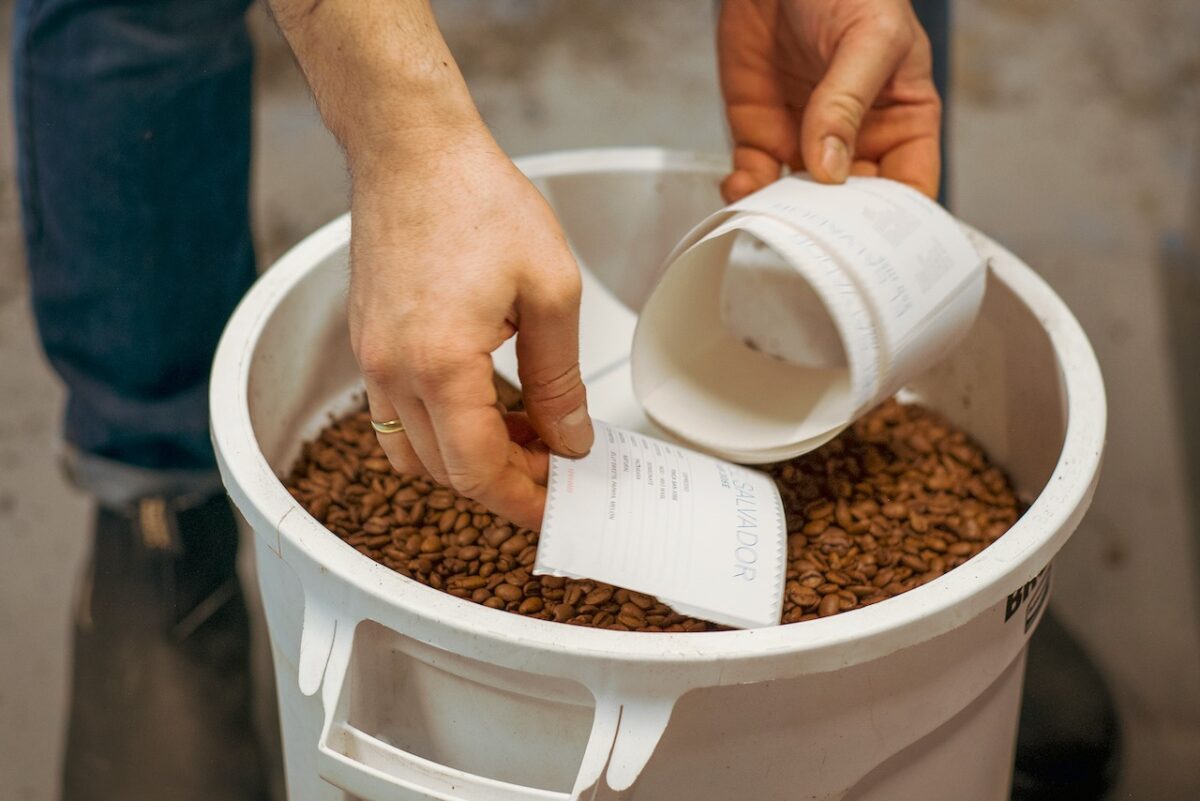
Niko’s such belief isn’t without its opponents, the most common argument being, “Sharing knowledge will threaten your own business.”
Niko disagrees, however. “It’s not easy to copy and replicate what someone else is doing. I don’t believe replication is the key to success in the first place. I believe that everyone has to put their own signature on their work.”

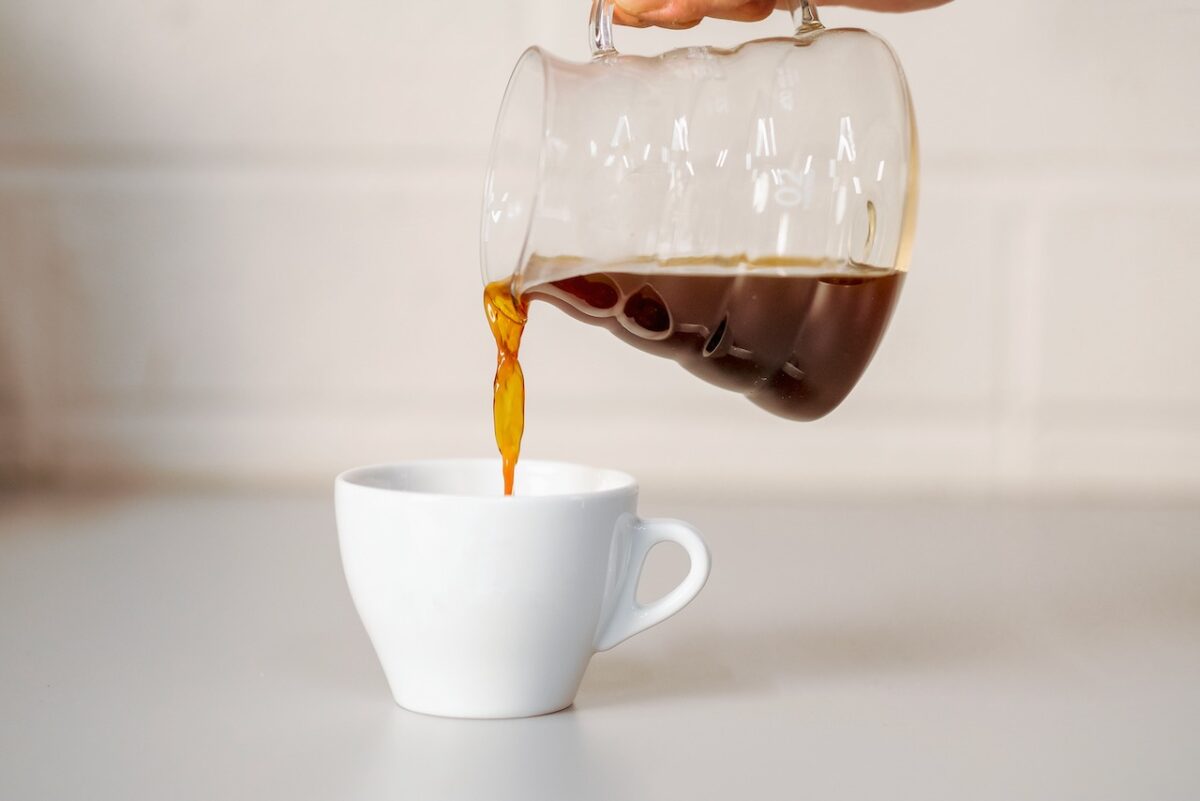
Coffee industry going local
Since its foundation, Bell Lane Coffee had been based mainly on wholesale business for cafes and other retailers. But that changed in 2020, just after the start of the Covid-19 pandemic. The global crisis forced almost all cafes and Bell Lane Coffee’s partners to shut their doors, some permanently, resulting in a plunge in the company’s wholesale. On the other hand, the company saw a spike in online sales for general consumers.
“When you deal directly with end users, you can get more feedback. It’s obviously rewarding if they liked our coffee. But even if they didn’t like our coffee, we can explore why and do our job to improve. Either way, online has become our new core business. It’s a very interesting area we want to expand further.”
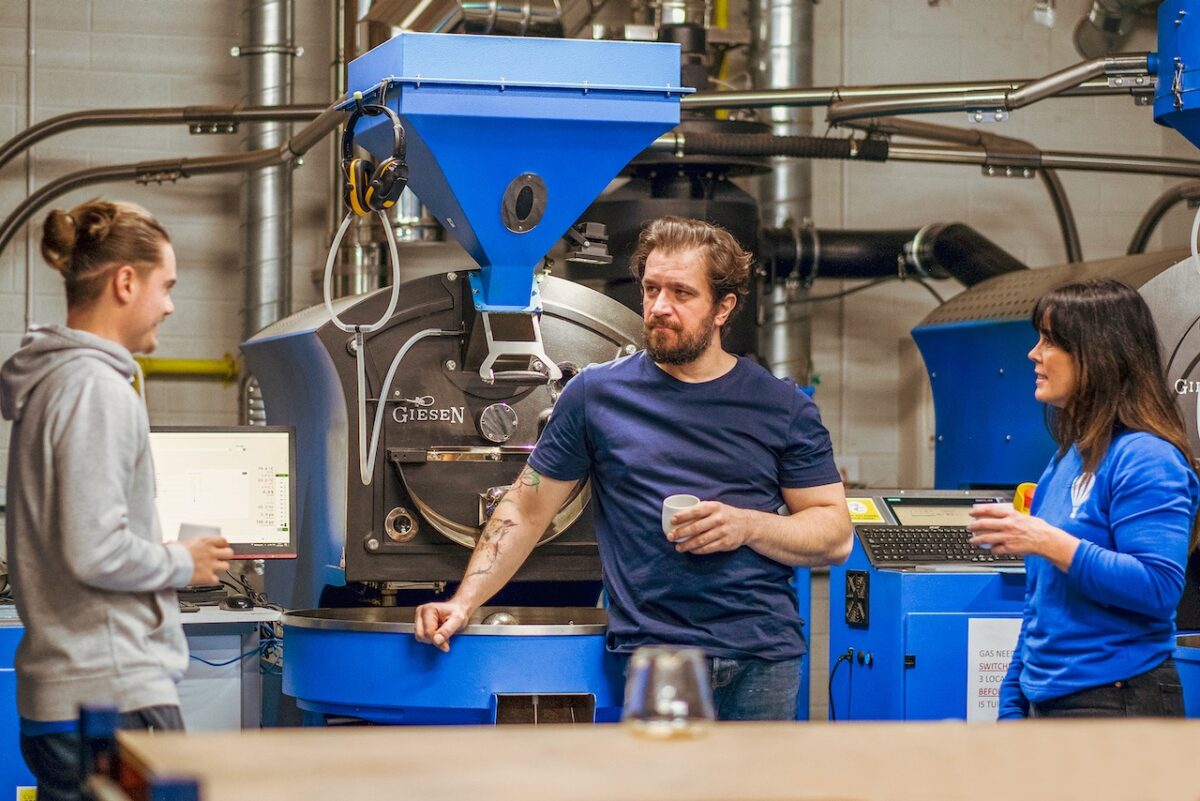
One sentence on Bell Lane Coffee’s website best exemplifies Niko’s philosophy: “Coffee is a conversation, and we want to hear from you – tell us what you love, what you like, what works, what doesn’t.”
“We always think that things shouldn’t stop just at brewing coffee,” Niko says. “The true value of coffee is the communication it fosters between people when they drink coffee together. One of my best moments is not the experience of drinking a coffee with a score of over 90 but the experience of drinking it with someone else. I may not remember the coffee I had, but I know where and with whom I drank it. That explains it all.”
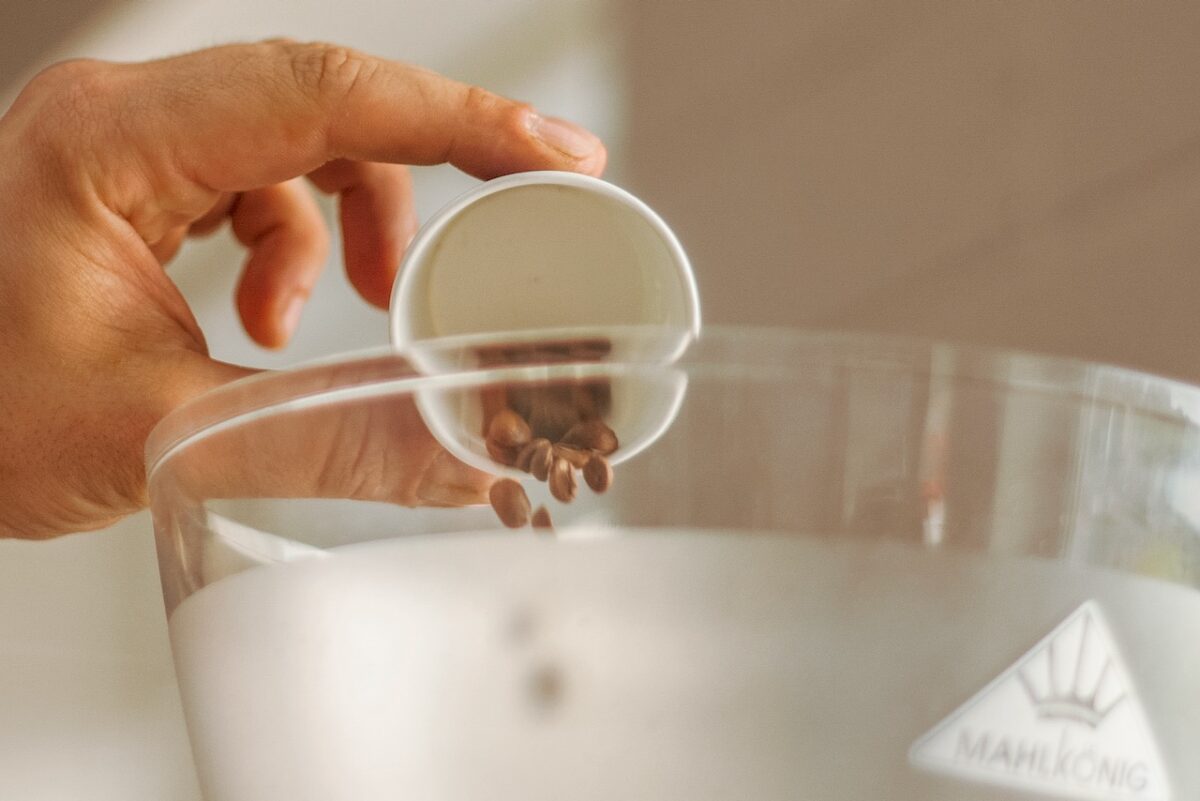
In tandem with the growing recognition of specialty coffee across the world, Ireland has seen an ever-increasing number of roasters.
“I think we are coming full circle back to the old-fashioned way of doing things. Just as my mother would always go to a local shoemaker to buy her shoes, if people start to buy coffee and coffee beans from a local roaster, this industry will slowly become locally oriented, too. I think that is where the industry is going, with more and more people buying from local businesses to support their community and its economy while learning what those businesses do.”

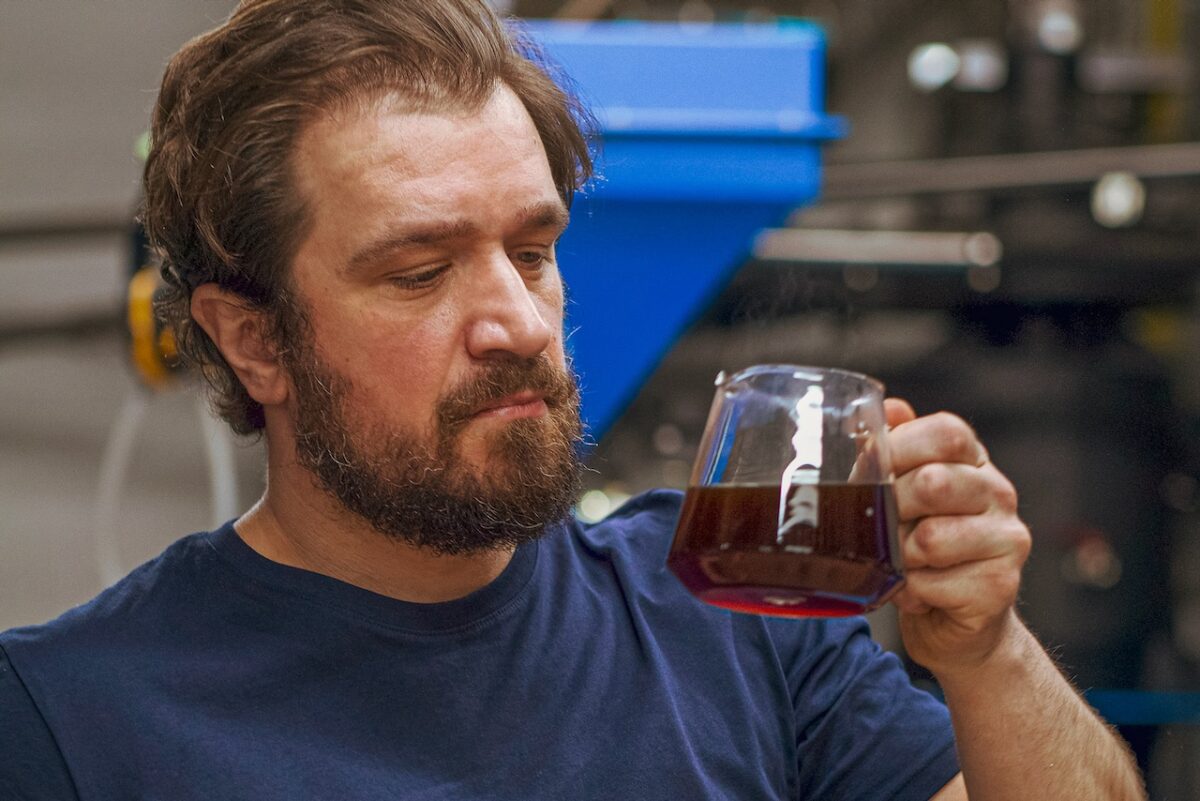
Specialty coffee is an approach
“Having been part of the coffee world, I realized that everyone in this industry seeks recognition for their work. It’s really rewarding for me to see and feel the results of my own work.
That’s why I believe I have to be honest with producers about quality. For example, if a coffee cup is rated 81 or 82, it’s important to tell them that the coffee is clean but it could be a bit better next year. And then producers can figure out what their challenges are and what they should do to improve,” Niko says.
“It could be how they harvest or how they dry. Either way, it’s really easy to raise a score from 81 to 84. Recognizing their hard work this way motivates producers, too.
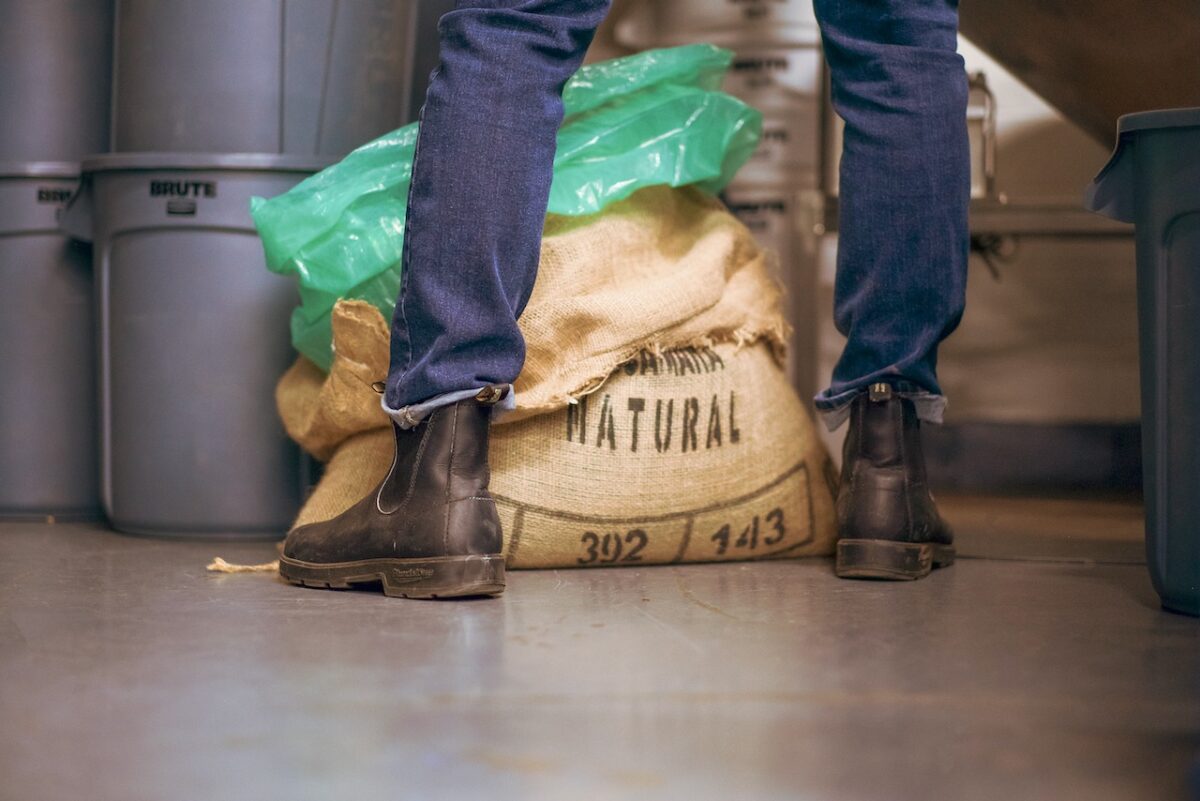
Nowadays, the focus has been shifted from roasters to producers. And I think that’s where the industry should be going. If a farm gains more recognition and sells more coffee, it will have more funds to invest in farming practices and processing innovations. It could take time, but with a bit of faith and love for the industry, we can get there.
I believe the term ‘specialty coffee’ should be defined as the way we do things; from how we source green coffee to how we communicate with other roasters and cafes. Specialty coffee is an approach. If everyone does a good thing, the industry will grow.”
Originally written by Tatsuya Nakamichi
Photos by Verona McQuaid
MY FAVORITE COFFEE
I like the time when I discuss the coffee I brew with our team members for around 10 minutes before we get to work every morning. That’s the ritual I cherish the most, that moment of peace that brings the team together before we start the hard work.









